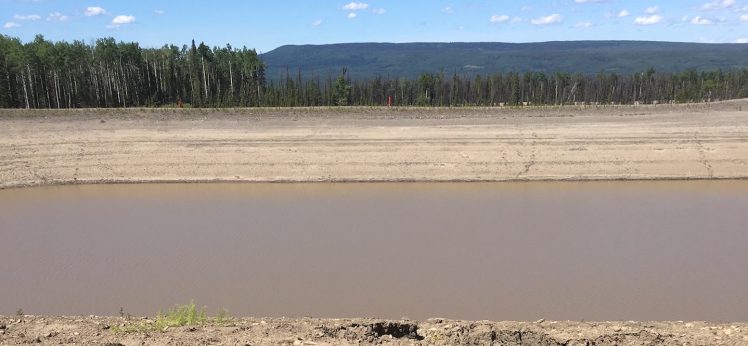
Dangerous precedent: Petronas subsidiary gets free pass after building unlicensed fracking dams
by Ben Parfitt | October 22, 2018
In a decision without precedent in its 25 years of existence, British Columbia’s Environmental Assessment Office (EAO) has told Progress Energy that two massive unauthorized dams that it built will not have to undergo environmental assessments. The decision comes after the company made an audacious request to the EAO to have the two dams declared …
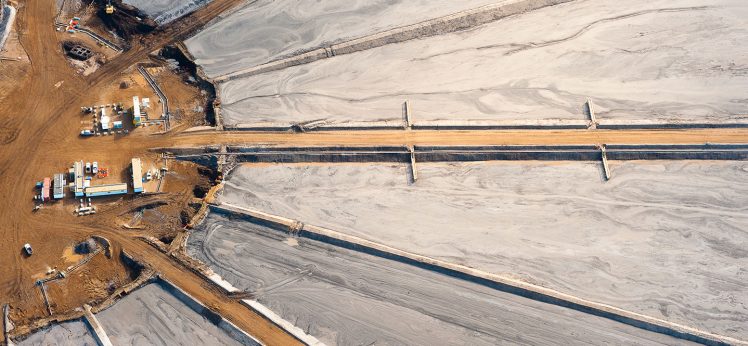
Who owns Canada’s fossil-fuel sector? Mapping the network of ownership and control
by William K. Carroll and M. Jouke Huijzer | October 18, 2018
This study shows that substantial ownership and strategic control over Canada’s fossil-fuel sector are in the hands of a few major players, including all the Canadian big banks and several US investment funds, governments and some wealthy families—many of which are located outside Canada. And, these investors have high stakes in maintaining business as usual …
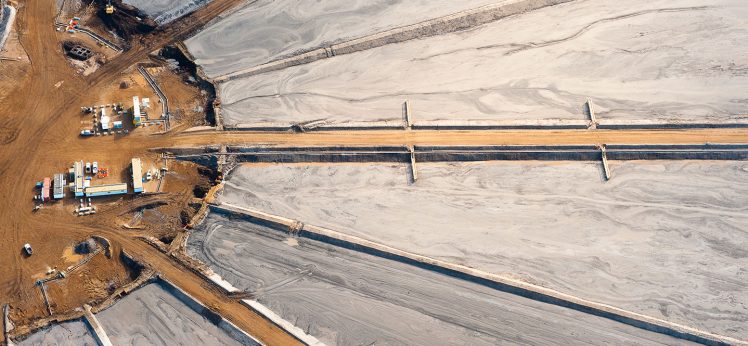
Canada’s fossil-fuel sector controlled by a few major players
by Corporate Mapping Project | October 18, 2018
Canada’s fossil-fuel sector controlled by a few major players—including the five big banks, new study shows VANCOUVER – The major investors in Canada’s fossil-fuel sector have high stakes in maintaining business as usual rather than addressing the industry’s serious climate issues, a new Corporate Mapping Project study reveals. “Substantial ownership and strategic control of Canada’s …

LNG Canada: Short-term politics trumps long-term climate responsibility
by Marc Lee | October 4, 2018
LNG Canada’s final investment decision to build a natural gas liquefaction facility in Kitimat is a triumph of short-term politics over long-term responsibility to act on climate change. Exaggerated numbers have been used to sell the project to the public, while risks have been downplayed. The politics of liquefied natural gas (LNG) have a certain logic …

Paved with good intentions: A guide to evolving climate policies in BC
by Marc Lee | September 12, 2018
The road to hell is paved with good intentions, an economics professor of mine used to say back in the late 1980s. Concerned about the federal government’s inability to reign in fiscal deficits, hell back then was hitting a “financial wall” where the markets would no longer lend or would only do so at catastrophically …
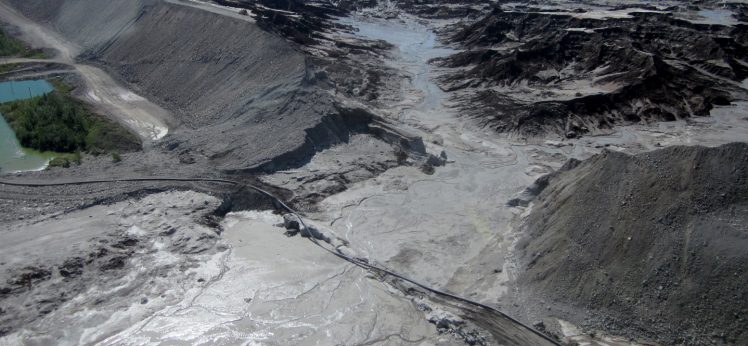
Report on Mount Polley and Brazil tailings spills points to systemic problems with mining industry
by Corporate Mapping Project | August 28, 2018
Major issues remain unresolved four years after catastrophic Mount Polley dam failure VANCOUVER — British Columbia’s Mount Polley mining disaster bears remarkable similarities to a catastrophe at a Brazilian mine the next year and points to the strong possibility of more environmental calamities ahead, warns a new report that examines both events. The tailings pond …
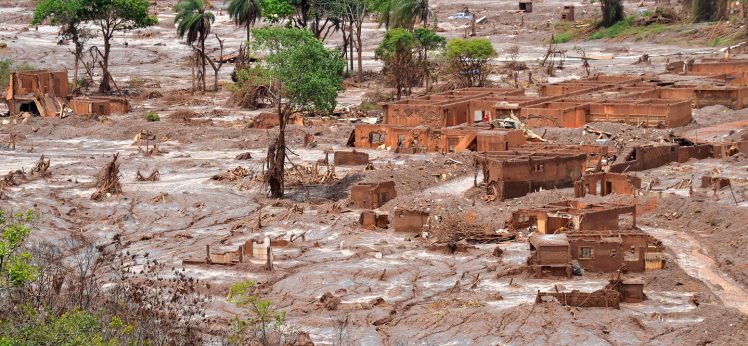
Tailings dam spills at Mount Polley and Mariana: Chronicles of disasters foretold
by Judith Marshall | August 28, 2018
Leia a versão em português This paper explores the many parallels between the tailings dam spills at the Mount Polley mine in British Columbia (BC), Canada, and the Samarco mine in Mariana, Minas Gerais, Brazil. The Mount Polley disaster took place in August 2014, when the dam holding toxic waste from the copper and gold …
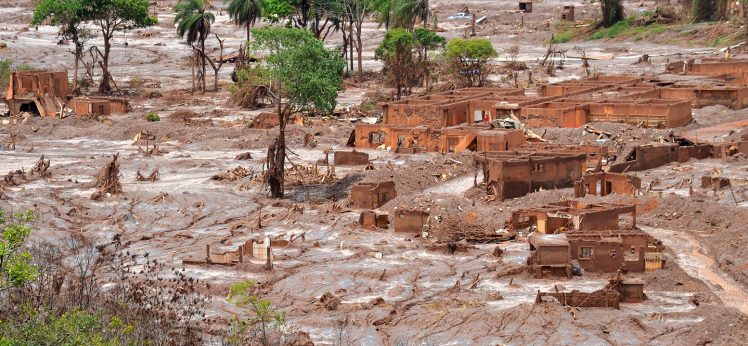
Rompimentos de barragens de rejeito em Mount Polley e Mariana: Crônicas de desastres anunciados
by Judith Marshall | August 28, 2018
Visit English version Este texto explora os paralelos entre os rompimentos das barragens de rejeito da mina de Mount Polley na Colúmbia Britânica, Canadá, e da mina da Samarco em Mariana, Minas Gerais, Brasil. O desastre de Mount Polley ocorreu em agosto de 2014, quando uma barragem que continha rejeitos tóxicos de mineração de cobre e …

Mount Polley four years after the tailings dam breach: business as usual
by Judith Marshall | August 28, 2018
“If you asked me two weeks ago if this could have happened, I would have said it couldn’t.” Imperial Metals president Brian Kynoch, spoke these words at a news conference on August 5, 2014, the day after the devastating collapse of a tailings dam at one of Imperial’s operations, the Mount Polley copper and gold …
Image: What do the two largest mining disasters in Canada’s and Brazil’s histories have in common?
by Corporate Mapping Project | August 28, 2018
The Mount Polley disaster took place in August 2014, when the dam holding toxic waste from the copper and gold mine collapsed, creating the largest environmental disaster in Canada’s mining history. In November of the following year, the largest mine disaster in Latin American history took place in Mariana, Brazil, when an even larger …
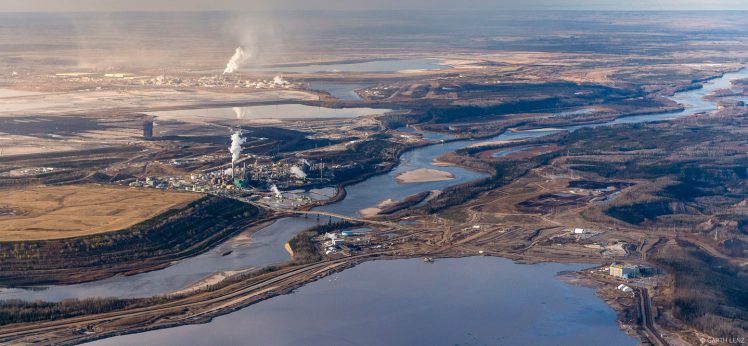
The Petro State Lackey: How BC’s zest for natural gas fuels Alberta’s oil sands
by Ben Parfitt | August 8, 2018
In the past year, an energy dispute for the ages has played out in Canada, culminating in the federal government announcing that it will buy an aging oil pipeline for $4.5 billion and then twin it with a new high-capacity pipeline that would move massive amounts of diluted bitumen from Alberta to tidewater in British …

The problem with BC’s “clean growth” climate rhetoric
by Marc Lee | August 2, 2018
The BC government recently released three “intentions papers” on climate policy—transportation, buildings and industry—all wrapped in the term “clean growth.” In fact, the term “clean” appears more than 70 times in just the introduction to the exercise, Towards a Clean Growth Future in BC. Clean growth is not a commonly used term, nor is it …










